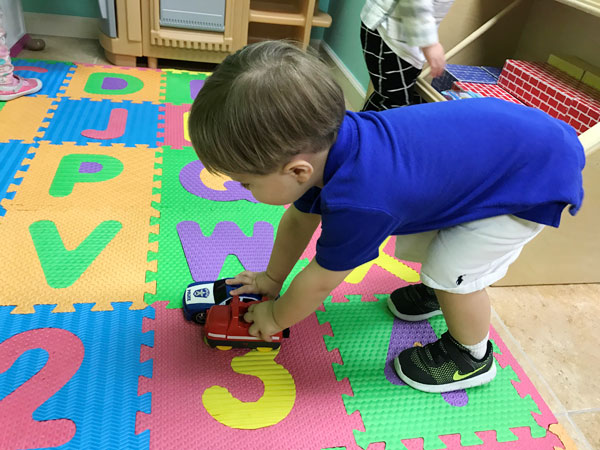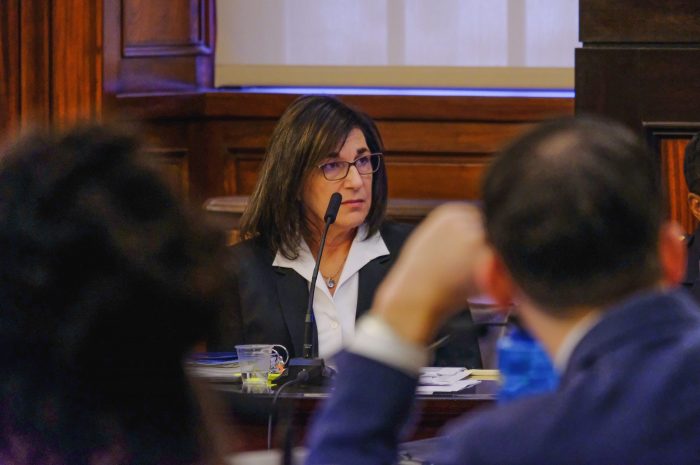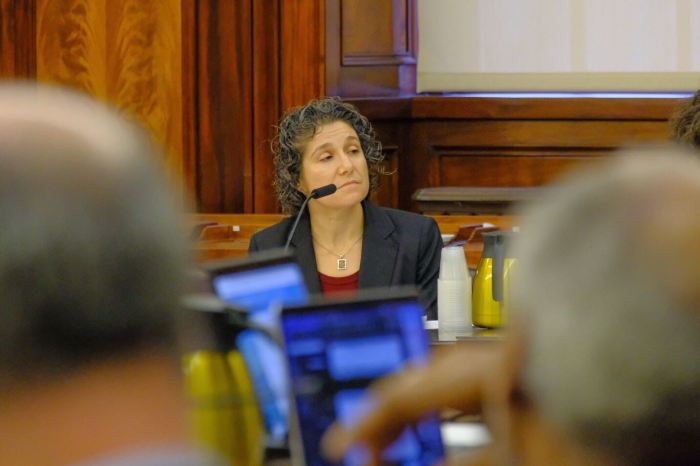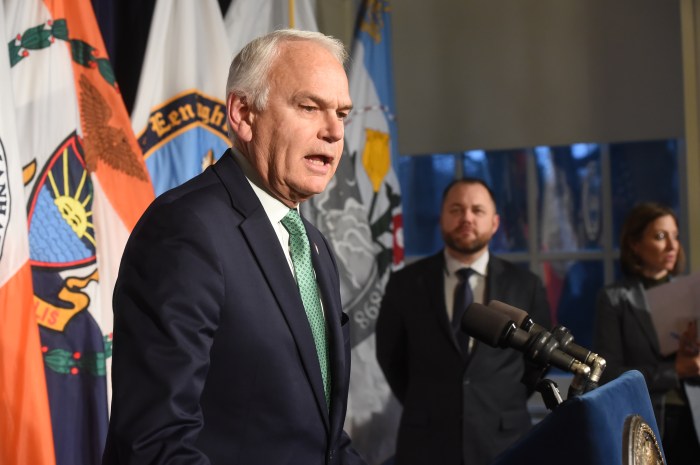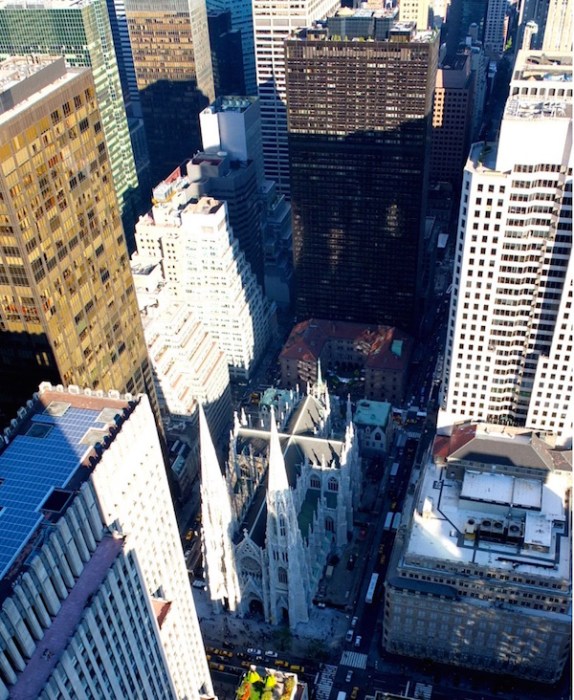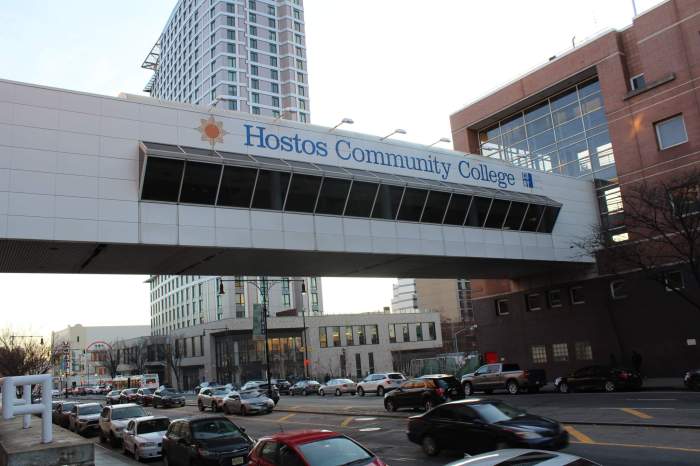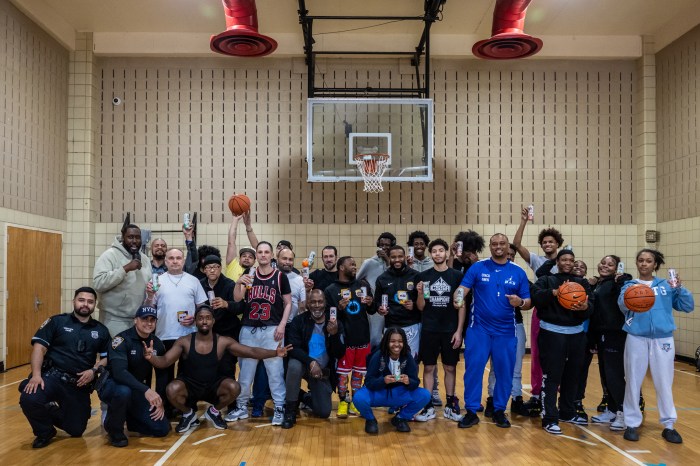Over 1,200 New York City preschoolers with disabilities did not have a seat in a special education class at the end of last school year, according to an analysis of Department of Education data.
Education advocates with the New York City-based nonprofit Advocates for Children determined 1,215 preschoolers with disabilities waited for special education seats at the end of the 2019-2020 school year after conducting a data crunch with numbers published in a report by the DOE on the status of preschool special education posted last week. Department officials are now required to release a data breakdown on preschool education every year on January 15, per a New York City law passed in 2019. But the first of its kind report was posted nearly five months late, according to advocates.
Although federal COVID-19 relief funds will allow Mayor Bill de Blasio to add 16,500 3-k seats this fall, expanding both programs to all 32 districts, preschoolers with special needs will be again be left behind this year, advocate say, since initiatives to address preschool special education shortages like the creation of more special education classes and hiring more education specialists will not take effect until the 2022-23 school year.
“The City and State continue to expand prekindergarten while preschoolers with the most significant needs are stuck waiting for seats in violation of their legal rights,” said Kim Sweet, Executive Director of Advocates for Children of New York. “Parents of students with disabilities want to know why their children always come last.”
Comfort Mensah, who has a child with Autism, felt the department was putting her son’s needs on the back burner. Her four-year-old son Gabriel had to wait a year before being placed in a preschool with special education classes. And the difference in Gabriel has been night and day. Before attending special education classes, Gabriel was practically nonverbal and would not engage with other toddlers at school, Mensah told amNewYork Metro. But since he started receiving services in April of this year, he speaks more and is excited to go to school for in-person days every other week.
“He gets up in the morning and says good morning, Mommy, ” said Mensah. “Do you want breakfast, mommy…It’s been amazing to see him show improvement and I’m hopeful.” Not only are the specialized classes good for Gabriel’s learning they are good for his family’s finances as well. Mensah is now working full-time again as a sterile processing technician after quitting her job last year to focus on finding Gabriel the specialized attention he needs.
“The State and the City must end this civil rights violation,” said Policy Director of Advocates for Children Randi Levine.” Advocates are urging the City help prevent further seat shortages by taking steps to stop public school special education teachers to take jobs at community-based organizations where they can make thousands of more dollars. One step would be approving a salary parity for public preschool special education teachers with pre-k special education teachers at community-based organizations.
“We’re making an historic investment in preschool special education to ensure all children with disabilities have access to a strong start and the programs they need, including high-quality inclusive setting,” said DOE spokesperson Sarah Casasnovas. “This investment will build on the progress we’ve made in recent years to serving our youngest students with disabilities by creating hundreds of new special class seats, hiring additional teachers, and more.”
Correction: an earlier version of this article incorrectly stated the City is adding 16,000 3-k and pre-k seats this fall.



